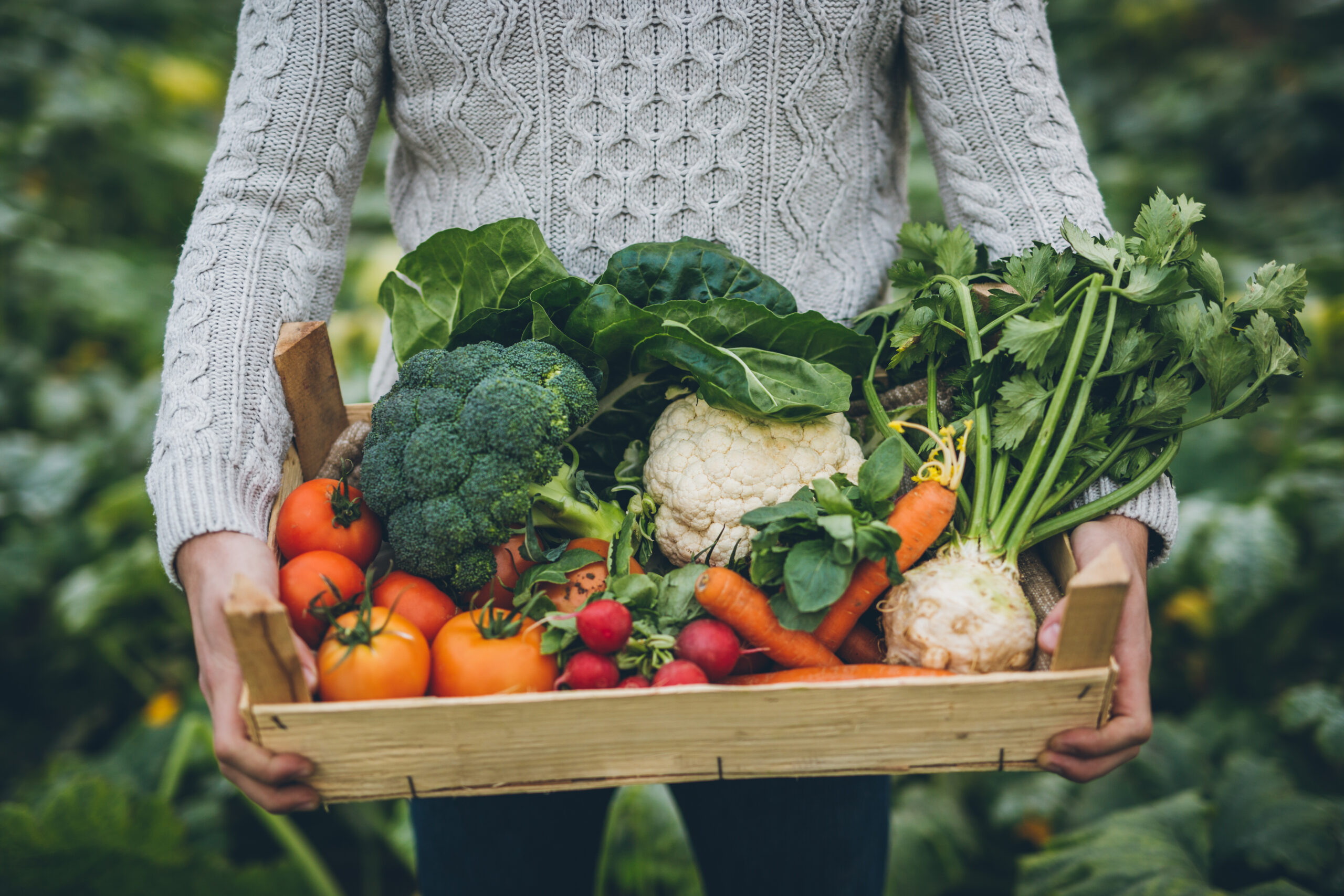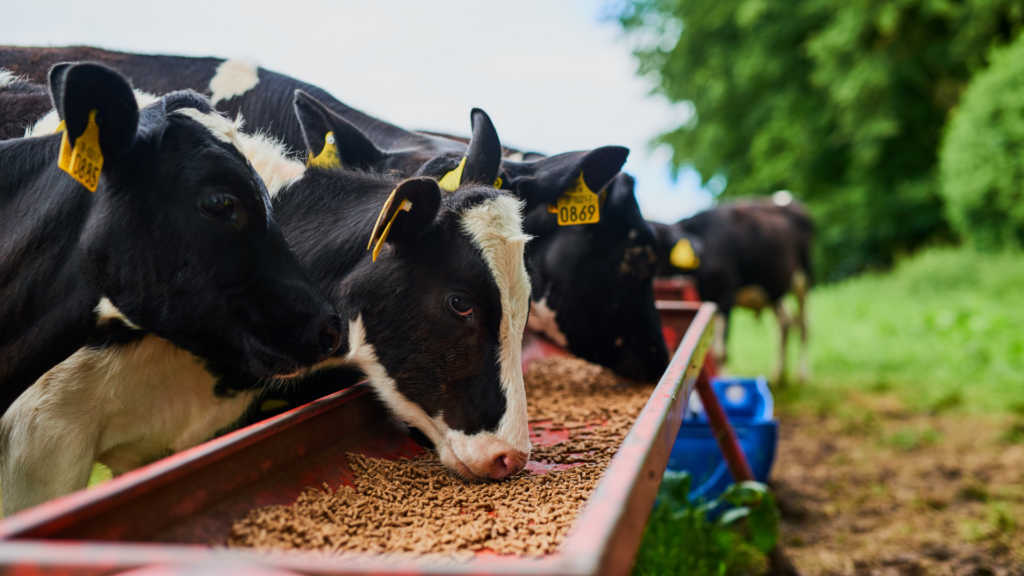9 Billion Mouths to Feed

According to the United Nations, the world population will be above 9 billion people by 2050.
To produce enough food for our ever-growing population, we will need to double the number of annual crops grown between now and then.
Here’s the issue: agriculture is already among the greatest contributors to global warming, water pollution and reduced biodiversity. In an effort to feed our population we could risk compromising our already fragile environment, making organic and sustainable farming more essential than ever.
One opportunity to save our environment while meeting hunger needs would be to increase growth on the farmland we currently have. We need to be more efficient about where we grow, what we grow, and how we grow. As space on our planet is finite, we need to focus our attention on increasing yields on less productive farmland that already exists, rather than expanding into the tropical rain forests. Organic farming and modern agricultural technology (high-tech precision farming systems) could be the solution.
Organic farming consists of using natural products on crops to stimulate healthy growth. Biostimulants are a class of agricultural products that accomplish just that. Not only do these products complement our ecosystem, but they also improve nutrient and water supplies to crops grown on less fertile soil, resulting in more bountiful harvests. Biostimulants allow protection against abiotic stressors, increase yield, and improve food quality by increasing nutrient consumption, all without leaving a detrimental footprint on our beloved planet.
Here at Sensient, we strive to help our customers meet the needs of today and overcome the challenges of the future. Contact us for more information on our BioNutrient solutions that optimize biostimulant products and boost crop growth. Together we can create a sustainable food supply so that future generations can enjoy the world in which we all live in today.


